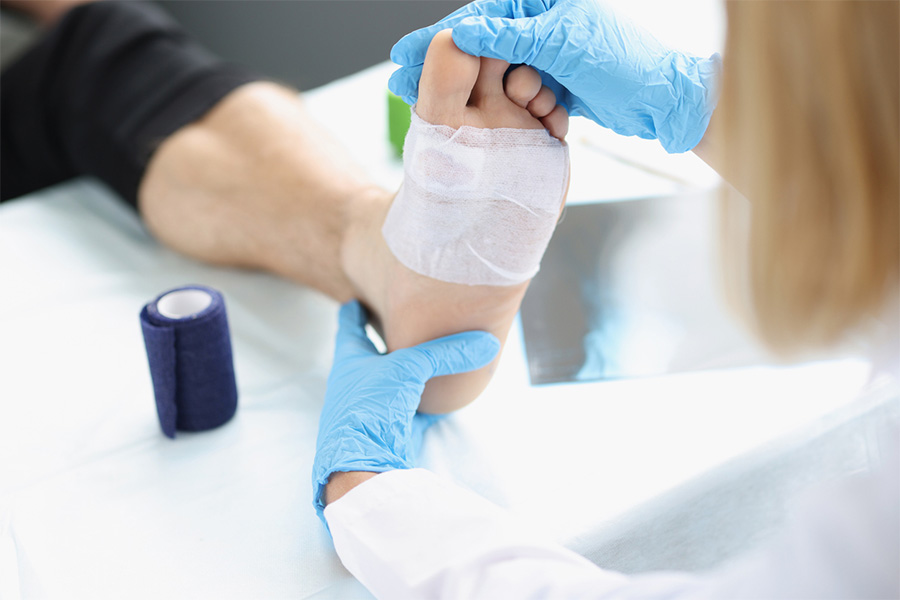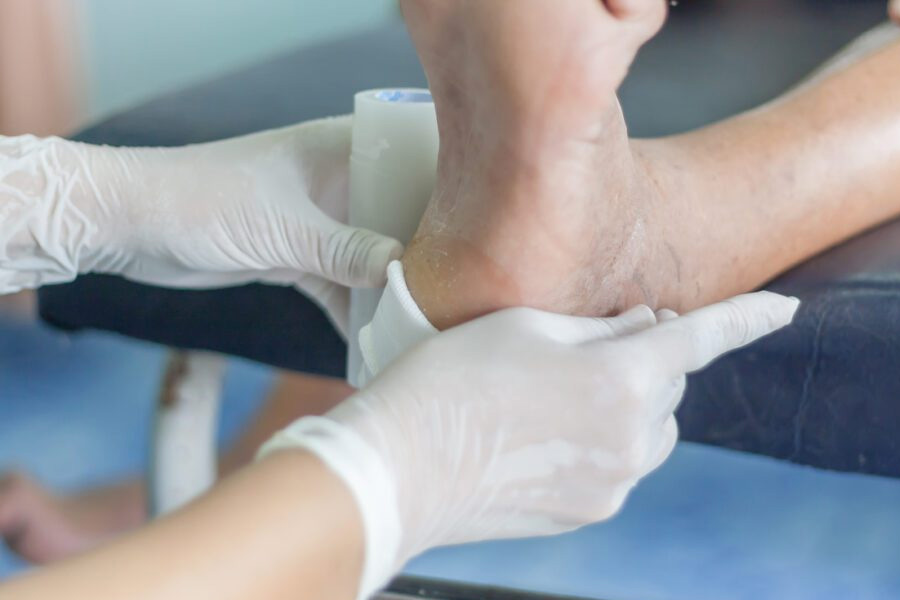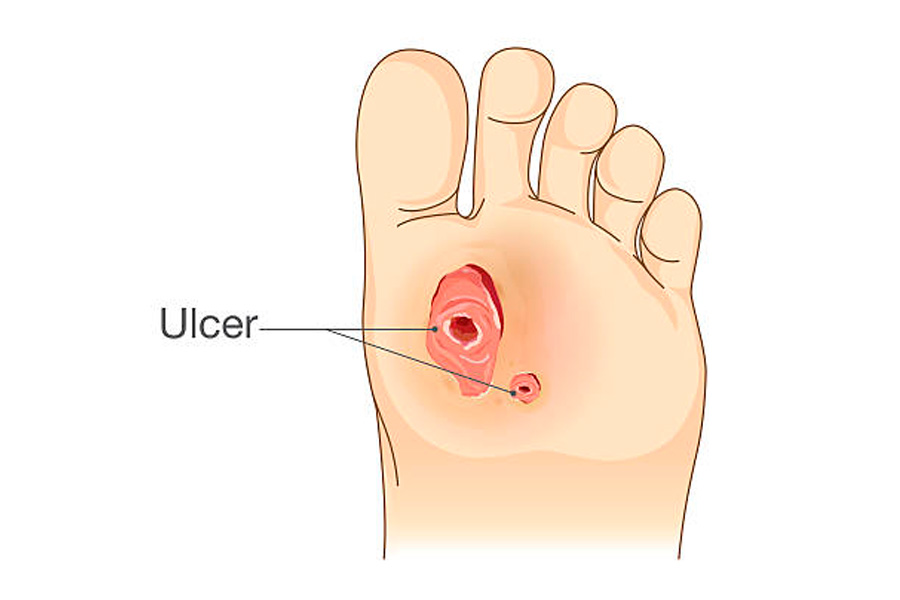If you are diabetic, you will need to take extra care when it comes to wound care. Wound care for diabetics is different than for non-diabetics in a few ways. For one thing, diabetics are more prone to developing infections in their wounds. This means that the wound needs to be cleaned more carefully and any dead tissue needs to be removed quickly. Moreover, diabetic wounds heal more slowly, so they need to be monitored closely and the rate of wound healing should be diligently observed.
Here are some tips on how to effectively treat your wounds:
How to Care for a Wound If You Are Diabetic
- Clean the wound gently yet thoroughly with soap and water. Dry the area completely with a sanitary napkin or cloth.
- Apply an antibacterial ointment to the wound to help prevent infection.
- Dress the wound with a sterile gauze pad and be sure that the dressing is not too tight, as this could impede blood flow and cause further complications. Tape all four corners of the gauze pad to prevent the wound from being exposed to outside elements and getting infected.
- Change the dressing regularly, at least once a day. This gives you an opportunity to examine the wound and identify signs of complications.
- Monitor the healing process closely. If you notice any redness, swelling, or discharge from the wound, or if you have a high fever, contact your doctor immediately, as this could indicate an infection.
- If your wound is on your foot, which is often the case for diabetics, avoid putting weight on the affected foot and use a protective boot or brace.
- Keep your blood sugar levels under control. Properly managing diabetes can help promote healing and reduce the risk of complications.
- Seek professional medical attention, if necessary. If you have any concerns about your wound or if it doesn’t seem to be healing properly, consult with a healthcare provider for further guidance. Prompt care is a must when it comes to wounds and ulcers. Infected wounds in diabetics could lead to amputation of the affected limb if not taken care of properly as quickly as possible.
Diabetic Foot Care
For expert diabetic foot care, consult an experienced podiatrist. These doctors are most qualified to treat foot and ankle issues and provide specialized foot care for patients with diabetes. A podiatrist not only provides proper wound care but can also help prevent diabetic foot problems by keeping your feet healthy, as well as thoroughly checking your feet for early signs of trouble. Any questions you may have about proper wound care and healing can also be answered by a podiatrist.
Diabetic Foot Wound Care in Cincinnati, OH
The podiatrists at Cincinnati Foot & Ankle Care specialize in diabetic foot care. We can administer proper wound care and expertly address complications such as infections, ulcerations, and neuropathy. We are dedicated to the foot health of all our patients.
To get the best in diabetic wound care in Cincinnati, call our podiatry clinic nearest you or use our convenient online request form.
Share

People with diabetes often experience difficulty healing wounds.




